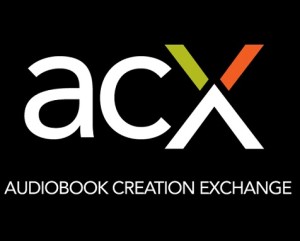by Elizabeth S. Craig, @elizabethscraig
Audio books and podcasts are gaining popularity with the advent of Bluetooth technology in cars (and, probably, with the desire for listeners to be distracted from tedious commutes or exercise routines). You don’t have to be traditionally published to have your title in an audio book format. Today I’m on the ISWG site explaining a little about how ACX works. Hope you’ll pop over.

Thanks again for joining us today!
Thanks for hosting, Alex!
I recently released the audiobook of my recent crime novel and had a great experience with ACX. One thing authors should consider with the royalty share is you’re probably looking at newbie or less experienced voice/production talent compared to a flat fee.
With the royalty share, a producer is spending a ton of time reading/recording/producing your work, and then they have to rely on you (mostly) to sell the audiobook. If your sales are low, they might not make back their financial and time investment.
I found that when I changed my project scope from a royalty share to a flat fee, I got a LOT more interest from producers, and ultimately found one who delivered a great product.
Trace–Yes, and I’d definitely advise that we need to be pitching (because this is a pitch for auditions) a well-reviewed, *selling* book. We don’t need to pitch for auditions the first week after our release. The risk is all on the side of the narrator/producer–they’re using time for our royalty share project that they could use for an upfront, paid project.